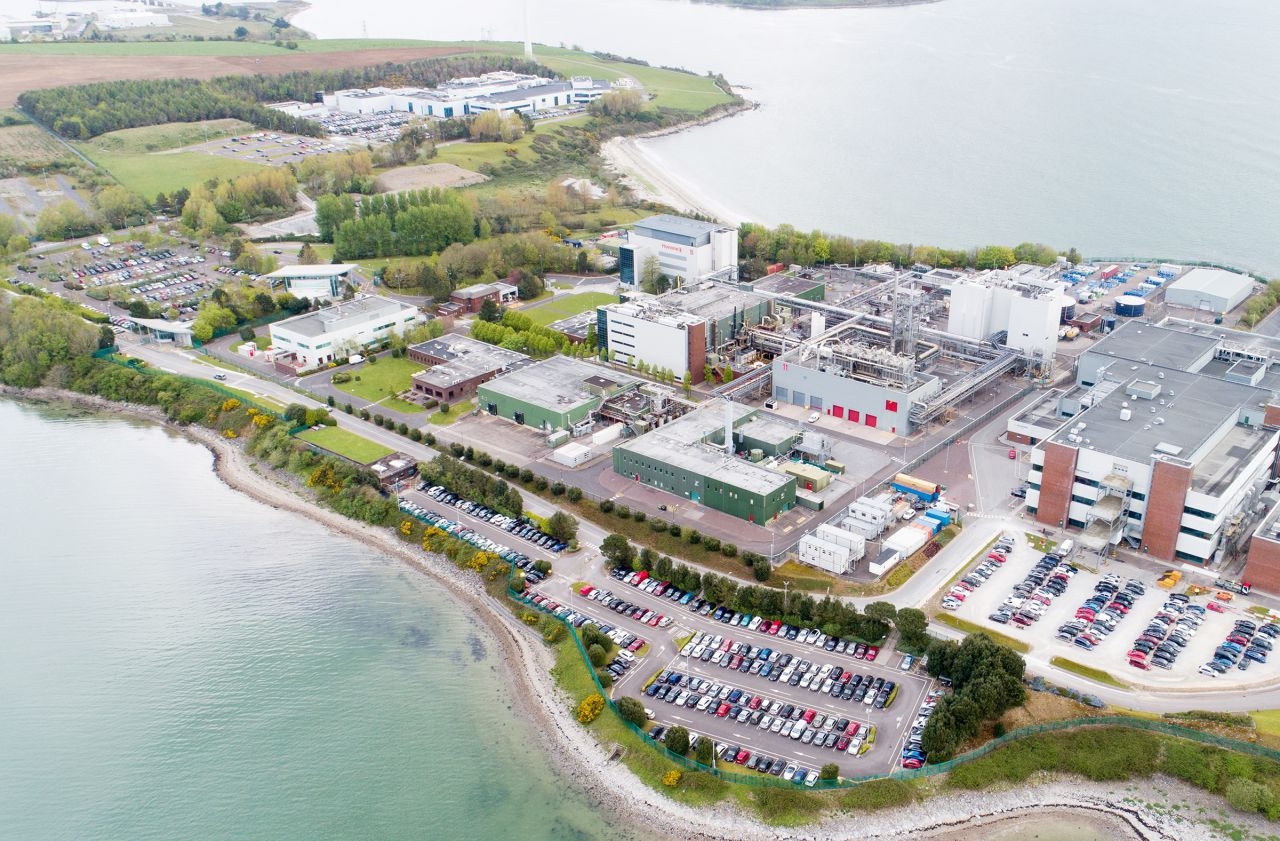Press Room
Ireland: Over 60 companies sign up to BITCI’s new Low Carbon Pledge
And commit to setting science-based carbon emission reduction targets

Over 60 of the largest companies in Ireland have publicly committed to set targets based on science by 2024. They are the first signatories of Business in the Community Ireland’s new Low Carbon Pledge.
Business in the Community Ireland, the national network for sustainability, created the initial Low Carbon Pledge in 2018 with the aim of being a starting point for their member companies to commit to cutting their carbon footprint, report annually on their progress and develop a credible roadmap towards a net-zero economy.
The new Low Carbon Pledge now calls on businesses to set science-based carbon emission reduction targets no later than 2024 (i.e. what science says is necessary to limit global warming to 1.5°C).
The 61 signatories are: A&L Goodbody, Abbvie, ABP Foods, Accenture, Actavo, AIB, ALDI, Allianz, An Post, Arup, Aviva, Bank of Ireland, Bidvest Noonan, Boots, Britvic, BT Ireland, Cairn Homes, Cisco, Cook Medical, Dawn Meats, Deloitte, DePuy Synthes, Diageo, Dublin Bus, EirGrid, Enterprise-Rent-a-Car, ESB, Fujitsu, Gas Networks Ireland, Grant Thornton, HEINEKEN Ireland, Hovione Ireland, Irish Rail, Irish Distillers, Irish Water, Janssen, Johnson & Johnson Vision Care, KBC Bank, Keelings, KPMG, Lidl, M&S, Momentum Support, Mercury Engineering, Musgrave, Ornua, Permanent TSB, PM Group, PwC, RTÉ, Sky, Sodexo, SSE, Tesco, Three Ireland, Ulster Bank, Verizon, Veolia, Virgin Media Ireland, Vodafone and William Fry.
The 61 signatory companies will commit to:
- Record their entire carbon footprint, both direct (Scope 1 & 2) and indirect (Scope 3) emissions
- Reduce emissions that they are directly responsible for (Scope 1 & 2), as well as play their part in reducing emissions across their Supply Chain (Scope 3)
- Report individually through an annual report or website or other publicly available equivalent source and collectively through an Annual Business in the Community Ireland Low Carbon Report
- As our understanding improves, signatory companies are asked to commit to regularly Reviewing their carbon reduction targets to align to the latest climate science.
Minister for Communications, Climate Action & Environment, Eamon Ryan T.D. welcomed the announcement and commented, “As COP26 approaches, we must accelerate our climate response across our economy and society. I commend Business in the Community Ireland on this collective action especially as it brings together companies from different sectors and at different levels of maturity on their decarbonization journey. A low carbon economy is imperative for our post-pandemic recovery as it will support our long-term competitiveness, job creation and social cohesion.”
The key strength of the Pledge lies in the collaborative platform which enables signatory companies to learn from each other’s successes and challenges. By working collectively, the Low Carbon Pledge movement builds capacity, fosters innovation and drives the ambition in delivering the changes needed.
Tomás Sercovich, CEO, Business in the Community Ireland (BITCI), said, “With yesterday’s publication of the Climate Action Bill which commits Ireland to be a net-zero carbon State by 2050, the role of business in reaching this target is vital. Investors, regulators, consumers, suppliers and employees expect business to lead the net-zero vision we all aspire. Transparency and accountability are fundamental for the change to happen. The Low Carbon Pledge is a clear demonstration of businesses driving towards decarbonization, creating the business models, innovation and jobs for a low carbon future. As more businesses join this Pledge, we will use our collective voice to drive the new systems thinking we need to overcome this fundamental challenge.”

